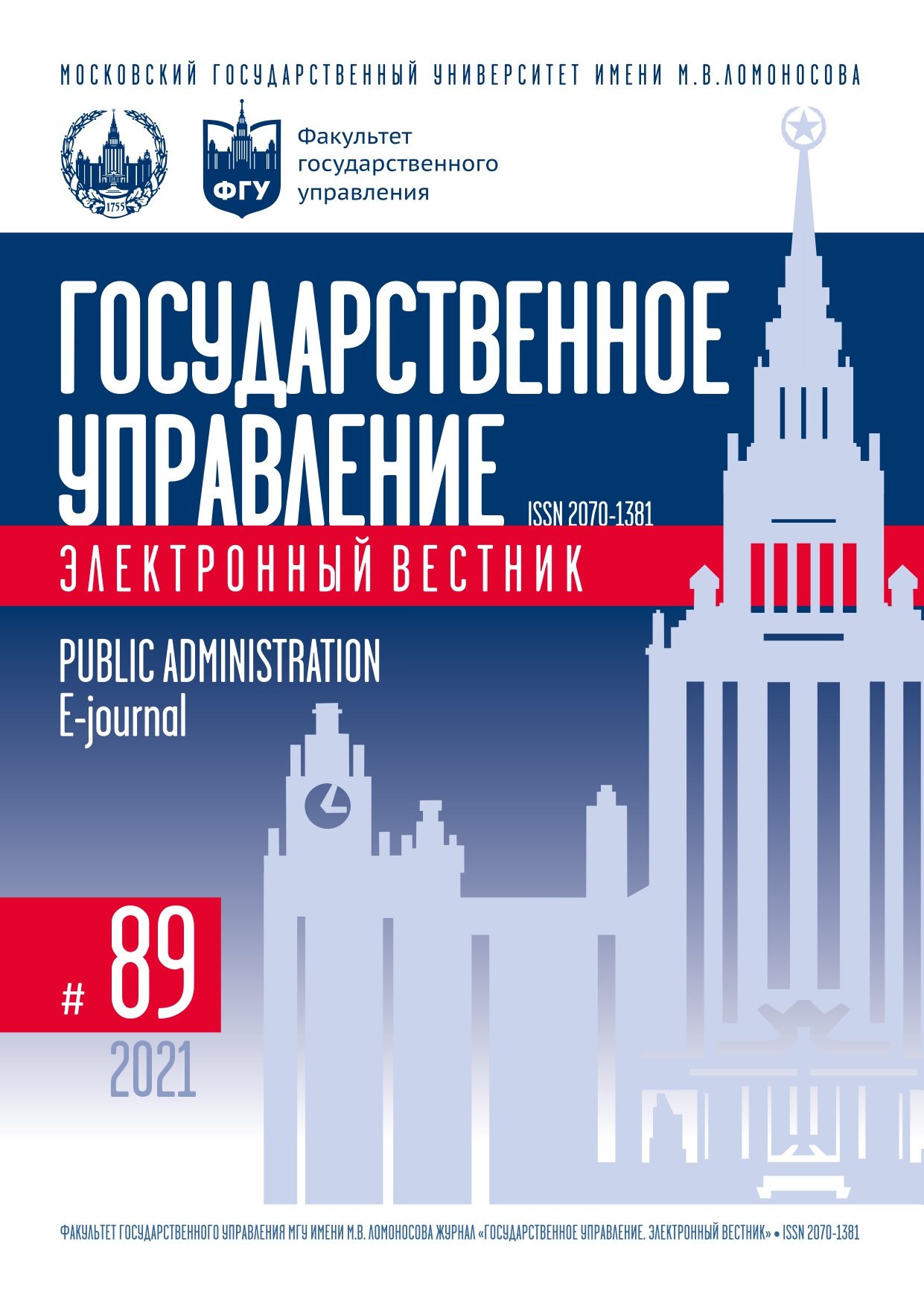The Integration Paradigm of Corporate Growth:Open Innovation Strategies
Keywords:
Open innovation, population-ecological theory of the company, organizational niche, adaptation, firm strategy, corporate growth paradigmAbstract
Currently, integration as the process of formation and development of the corporate growth paradigm is taking place. This article is devoted to the analysis of this process. The authors proceed from the premise that the core of the integration paradigm which ensures the rapid growth of its use is open innovation, respectively, the task is to define the conditions for effective use of growth opportunities based on the adaptation of open innovations. Depending on the breadth of coverage of open innovation sources and the level of their concentration, the intensity with which knowledge is drawn from external sources, there are four strategies for using open innovation: market, partnership, network and a strategy based on crowdsourcing. The right type of strategy provides a better leverage of open innovation for corporate growth. The potential variety of ways to use open innovation makes it possible to single out different types of strategies that differ in two parameters: the breadth of coverage of open innovation sources and the degree of concentration on one or another source. The breadth of coverage is manifested in a significant number of sources and their wide variety by type, size, level of fame, respectability, ease or difficulty of extracting knowledge, etc. The degree of concentration is determined by the intensity of the use of inversely proportional to the number of external partners integrated into the company’s innovation activities. A high level of concentration presupposes deep integration in innovation activities with one or a small number of external partners. With a networked strategy, the company becomes part of a large innovation ecosystem of individuals, groups, and other organizations. This ecosystem is the source of knowledge and technology.
References
Гине Ж., Майсснер Д. Открытые инновации: эффекты для корпоративных стратегий, государственной политики и международного «перетока» исследований и разработок // Форсайт. 2012. Т. 6. № 1. С. 26–37. DOI: https://doi.org/10.17323/1995-459x.2012.1.26.36.
Иода Е.В. О концепции открытых инноваций // Социально-экономические явления и процессы. 2011. № 8. С. 96–101.
Кудина М.В., Кузьмин С.С. Парадигмы корпоративного роста // Государственное управление. Электронный вестник. 2014. № 47. С. 80–103.
Кудина М.В., Кузьмин С.С. Развитие парадигм корпоративного роста // Государственное управление. Электронный вестник. 2015. № 48. С. 66–89. DOI: 10.24411/2070-1381-2015-00004.
Кудина М.В., Кузьмин С.С. Структура парадигм корпоративного роста // Вестник НГУЭУ. 2021. № 2. С. 8–21. DOI: https://doi.org/10.34020/2073-6495-2021-2-008-021.
Кузьмин С.С. Парадигмы корпоративного роста. М.: Инфра-М, 2018.
Курчеева Г.И., Хворостов В.А. Открытые инновации как фактор развития современного технологического уклада // Науковедение. 2016. Т. 8. № 4. URL: http://naukovedenie.ru/PDF/19EVN416.pdf.
Портер М. Конкурентная стратегия. Методика анализа отраслей и конкурентов. М.: Альпина Бизнес Букс, 2005.
Садыханова Г.А. Теоретические основы концепции открытых инноваций // Вестник КазНУ. Серия экономическая. 2015. № 6 (112). С. 133–137.
Тромпенаарс Ф., Куберг П. Сто ключевых моделей и концепций управления. М.: Манн, Иванов и Фербер, 2019.
Ханнан М., Фриман Дж. Экология организационных популяций // Теория организации / под ред. Т.Н. Клёминой. М.: Высшая школа менеджмента, 2010. С. 416–459.

